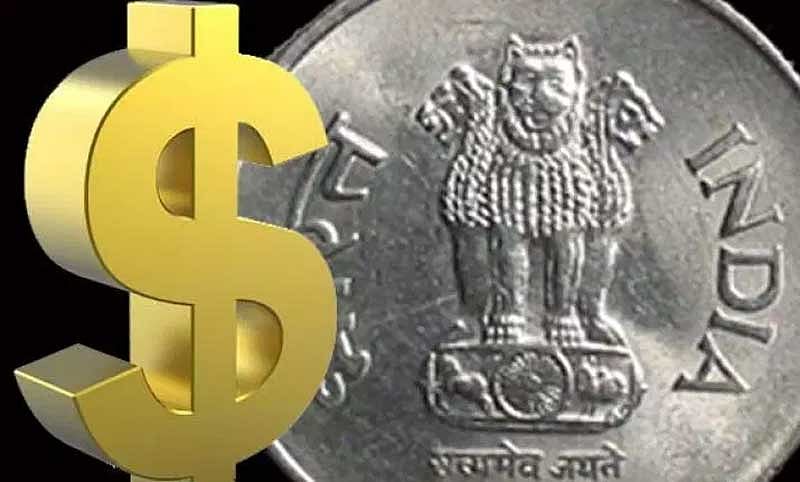The rupee slumped further on Tuesday, touching a lifetime low of 71.37 against the dollar, a drop of 16 paise during the mid-day trade. Brent crude oil hovered over $78 a barrel on Tuesday. Petrol in Delhi sold for Rs79.31 a litre and diesel for Rs71.34. Corresponding prices in Mumbai, Chennai and Kolkata were: Rs86.72 and Rs75.74; Rs82.41 and Rs75.39; and Rs82.22 and Rs74.19. In the last one year, petrol prices have gone up by about Rs10 a liter. There are clear linkages between the depreciating rupee and the rising prices of petrol and diesel and the rising price of crude oil in the global market. Even without the latter, the pump prices of petrol and diesel would have risen in case of the fall of the currency against the dollar.
The geo-political situation is in a tenuous state thanks to the erratic policies of Donald Trump. The fear of stiff sanctions against Iran and the worsening economic crisis in Venezuela, two large oil producers, has generated a scarcity psychosis in the global oil market, pushing up its prices. The unilateral negation of the Iran nuclear deal by Trump and the proposed sanctions against it have disrupted the oil supplies, Iran being the second biggest producer of oil globally. The fear of a global trade war with Trump slapping levies on imports from a number of countries and, in turn, attracting a tit-for-tat imposts on the US exports has spooked the markets. Traders are buying up dollars for keeping them in safe havens. Dollar is the strongest and the safest currency today, all other emerging market currencies are either depreciating or under stress. Petroleum Minister Dharmendra Pradhan blamed external factors for the rise in prices of petrol and diesel, saying the Organization of Petroluem Exporting Countries failed to keep the promise to raise production by one million barrels a day.
Pradhan did not sound convincing when he said prices of petrol and diesel would soon come down. The depreciation of the rupee was not only due to the rising crude prices. The US currency was strengthening against almost all currencies on the back of a healthy four per cent growth and a rising domestic production of shale gas and oil. The US is a net exporter of oil and gas, instead of being a huge importer of west Asian crude oil till very recently. Rising interest rates in the US is a huge factor in bolstering the dollar. The Indian share markets were on the slide in the last couple of days with foreign investors pulling out money. The demand for the dollar from the domestic importers had, too, pressured the rupee. Of course, domestic factors have a role in the depreciation of the rupee. Despite the unexpectedly good GDP numbers for the first quarter of the current financial year, rupee was under pressure for fear of the worsening CAD. In 2016-17, CAD was up at 1.9 per cent of GDP as against 0.6 per cent in the previous financial year. For the stability of the rupee, the RBI believes containing CAD at 2.5 per cent of GDP is important in the current financial year. But deprecating currency, higher outgo on account of oil and higher merchandise imports related to exports could pressure the CAD.
Equally, it is important to contain the fiscal deficit within the budgeted target but given that it is an election year, this, too, might be hard to do. In other words, the rupee will remain under pressure for some time. But must the pump prices of petrol and diesel keep on rising with the rise in the global prices of crude oil? A moderation in the huge levies the Centre and the States collect on petroleum products can cushion the blow to the consumer. A costly energy policy tends to slow down the growth engine. The BJP governments in the States should take the lead in paring down some of the imposts and cess on petrol and diesel. Their lead will be necessarily followed by other States as well. Consumers need a break from the relentless rise in the prices of petrol, diesel, cooking gas, compressed natural gas which is increasingly powering the public transport systems in a large number of cities and towns throughout the country. If the Government is helpless to control the global events, it can, at least, forgo an excessive collection of taxes from petroleum products to provide relief to the hard-pressed consumers. That is not asking for much.






